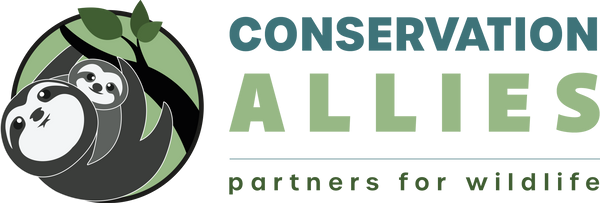Silky Sifakas Need Your Help
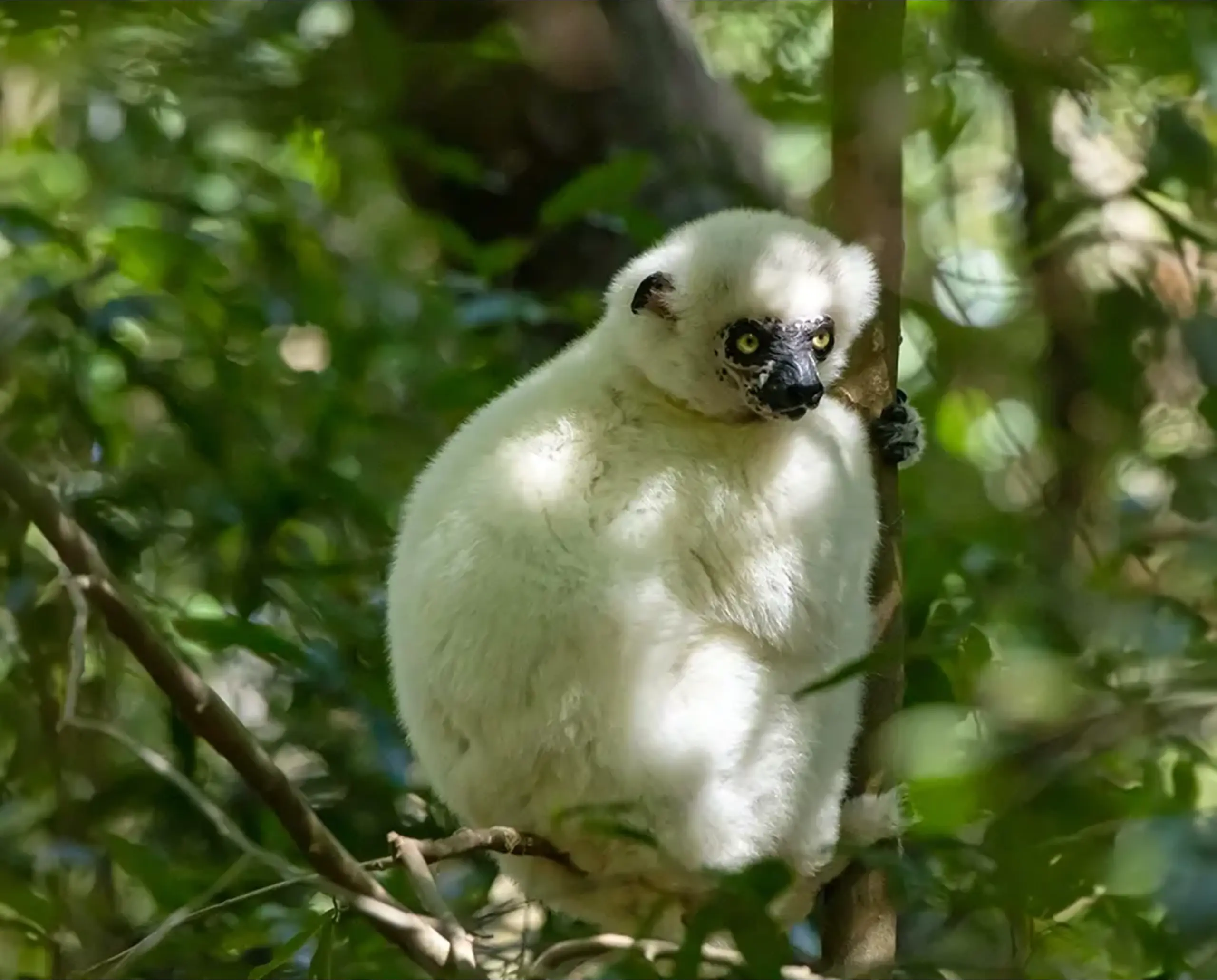
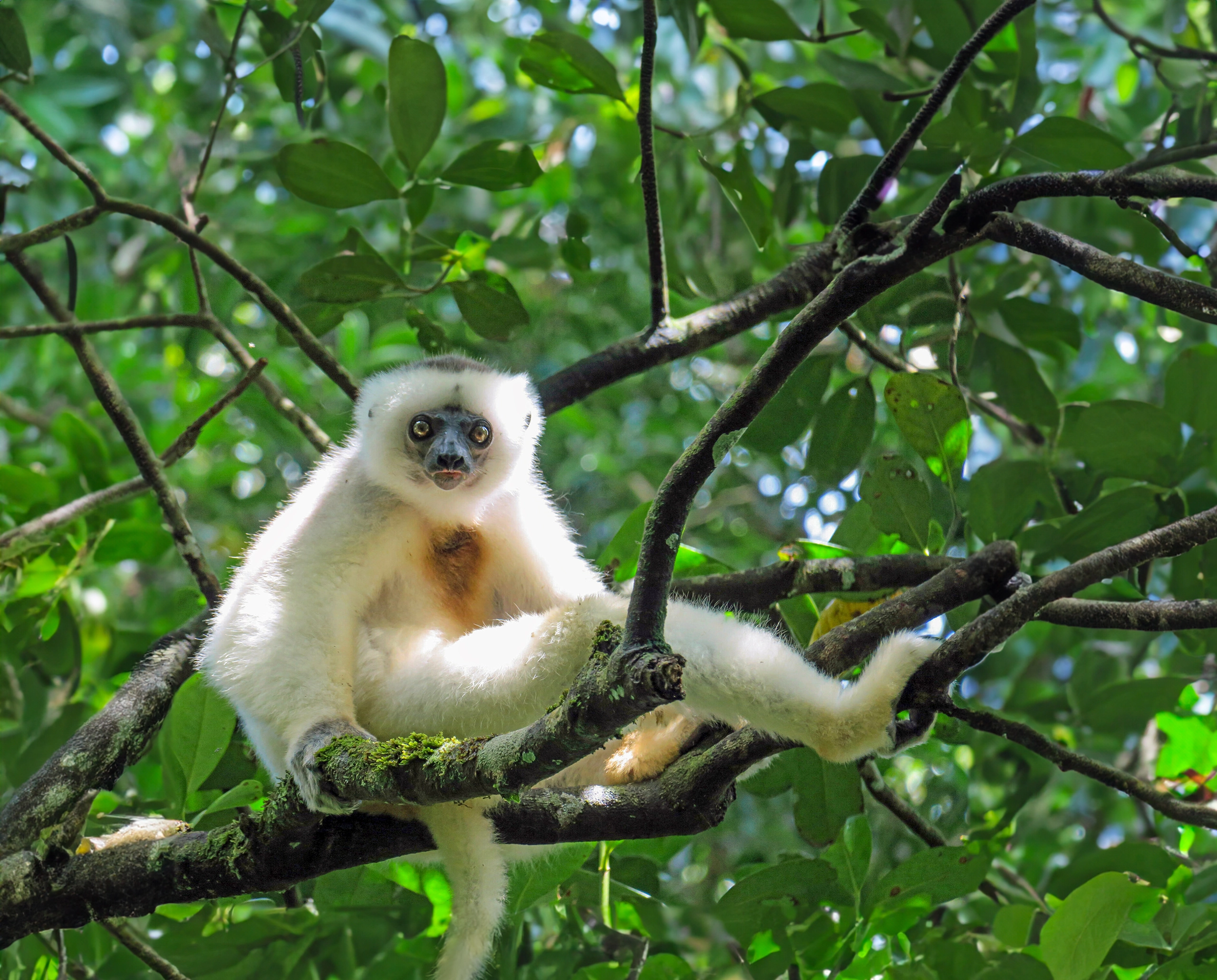
Partner Snapshot
Partner name:
Lemur Conservation Foundation
Partner Page Info
Location:
Marojejy National Park, Madagascar
Appeal Category:
- Endangered Species
- Wildlife Conservation
- Scientific Research
Key Species:
- Silky sifaka
- Indri
- Red ruffed lemur
Challenges and Threats:
- Bushmeat hunting
- Slash-and-burn agriculture
- Selective logging
Actions:
- Arboreal camera trapping for lemurs
- Silky sifaka long-term monitoring
The Challenge
Critically endangered silky sifakas are among the rarest primates in the world with less than 2000 remaining individuals and none in zoos. They are only found in a small area of northeastern Madagascar at elevations above 600m. For many years this species was listed as one of the World’s Top 25 rarest primates. Silky sifakas are the flagship species for Marojejy National Park, a World Heritage Site. Due to their rarity and the steep mountainous terrain, obtaining valid population densities is challenging. It is critical for the survival of this species that more is learned about where exactly they are found, their abundance, and the local threats that vary with site.
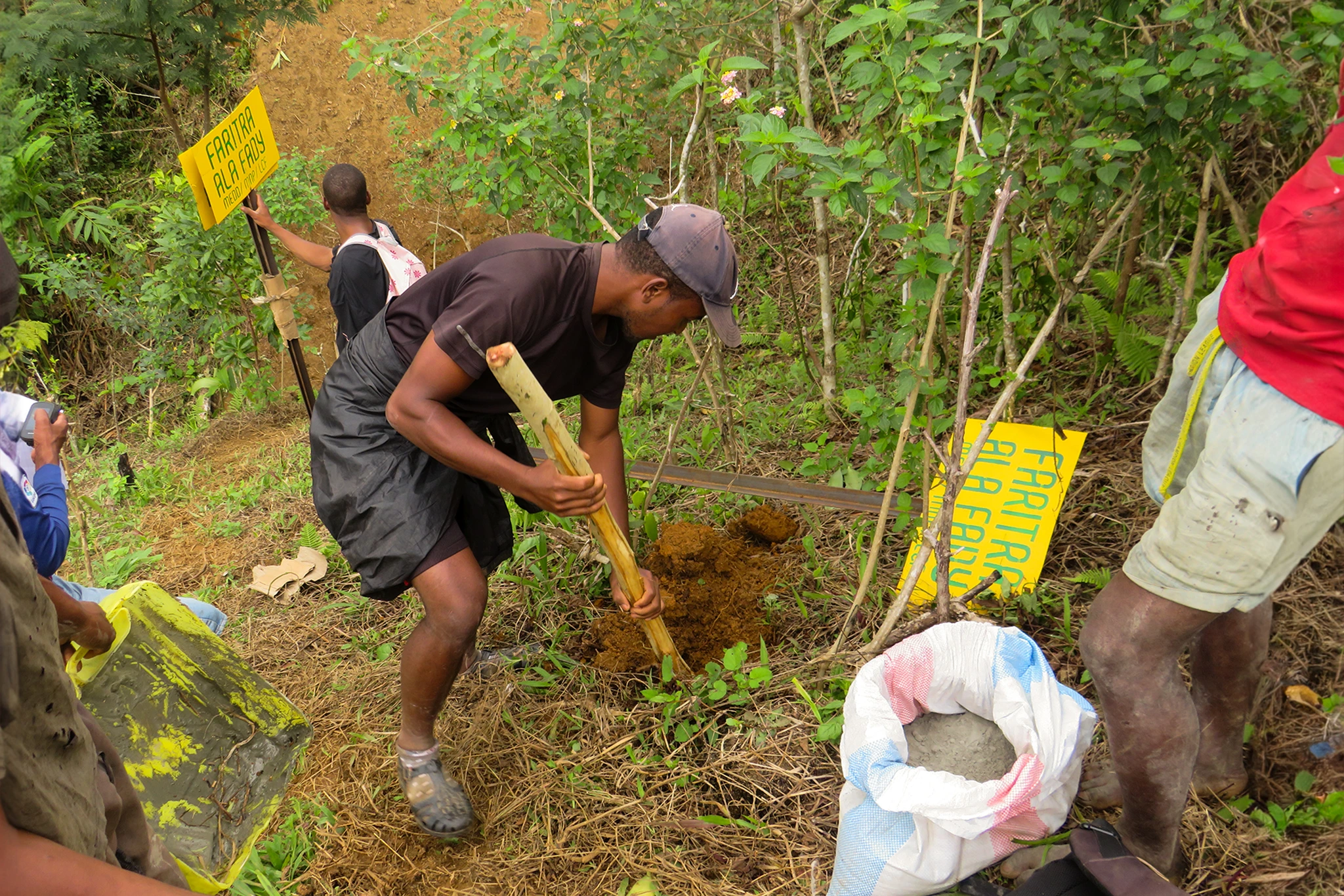
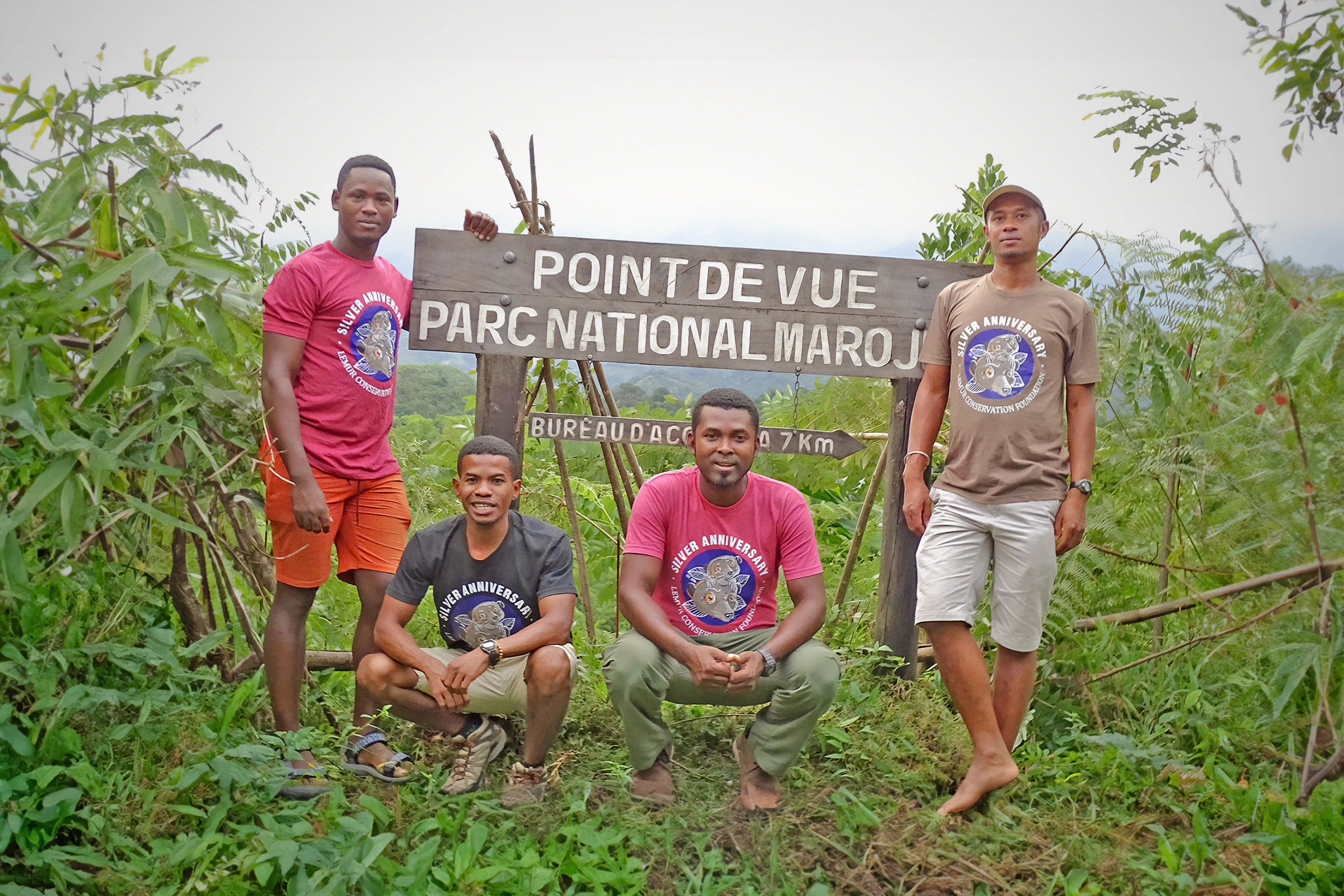
Urgent Solutions
Funds are needed for two silky sifaka conservation research projects: Arboreal camera trapping and Long-term monitoring. From December 1, 2023 to June 1, 2024, we plan to conduct a lemur survey in southwestern Anjanaharibe-Sud (near Camp Indri) using motion-activated camera traps placed high in the trees and on the ground. Particularly for very rare species, such as critically endangered silky sifakas, or cryptic species like aye aye, traditional survey methods such as line-transect surveying, require large amounts of time and resources and do not always produce clear results. Arboreal camera trapping is a new methodology increasingly used for lemurs in Madagascar. For more information about the project, check out our full Arboreal Camera Trapping Silky Sifaka proposal.
Our long-term monitoring program focuses on four groups of silky sifakas that we would like to visit each year (Camp Marojejia in Marojejy National Park, Camp Indri in Anjanaharibe-Sud Special Reserve, and Maherivaratra, a disturbed unprotected forest). Additionally, we hope to start visiting the groups near Simpona Lodge in Makira National Park, an unusual low-elevation site. We have habituated several of these groups and have established individual recognition. It is critical to regularly follow these groups (at least once per year for several weeks) to learn more about their demography and document critical life-history parameters such as number of infants born each year, birthdates, changes in group membership as well as obtaining ranging and feeding data. Moreover, our team plays a vital role in protecting these groups by destroying bushmeat traps, identifying new disturbances in their habitat, and organizing patrols if needed. Our presence deters poaching.
Why your donation matters
With 22 lemur species, including 6 critically endangered species, northeastern Madagascar has long been a primate conservation and biodiversity hotspot. Lemur Conservation Foundation is one of the primary sponsors of Marojejy National Park and Anjanaharibe-Sud Special Reserve, which are among the largest and least disturbed rainforest landscapes in Madagascar. Silky sifakas are actually a nationally recognized lemur with their own national stamp and several international films. Before COVID, thousands of tourists visited this region specifically to see silky sifakas which are one of the largest lemurs, absolutely gorgeous fluffy white acrobats that inhabit steep magnificent mountain cliffs, truly breathtaking. Local communities recognize that silky sifakas bring researchers, tourists, and resources. Moreover, this species is very unique with a high elevation preference and they depigment (turning pink) more rapidly with age than any other primate species.
Partner Qualifications
Verified Partner
One of Conservation Allies' staff or trusted advisors has visited this organization and verified its work and impact.Legally Constituted
This organization is formally constituted and is a legally recognized non-profit in its country of origin. Top AccountabilityOur experienced team has rigorously reviewed the organization's annual accounts. Learn More
Top AccountabilityOur experienced team has rigorously reviewed the organization's annual accounts. Learn MoreEffective Impact
We recognize this Partner for their tremendous efforts to make a difference for wildlife and local communities, as well as welcome technical support from Conservation Allies to improve and scale up their impact.Conservation Action Heroes
We recognize this Partner for their high level of engagement with the Conservation Allies team and their demonstration of a clear commitment to our collective mission of making a real difference and having a major impact on wildlife and communities where it is needed most.
